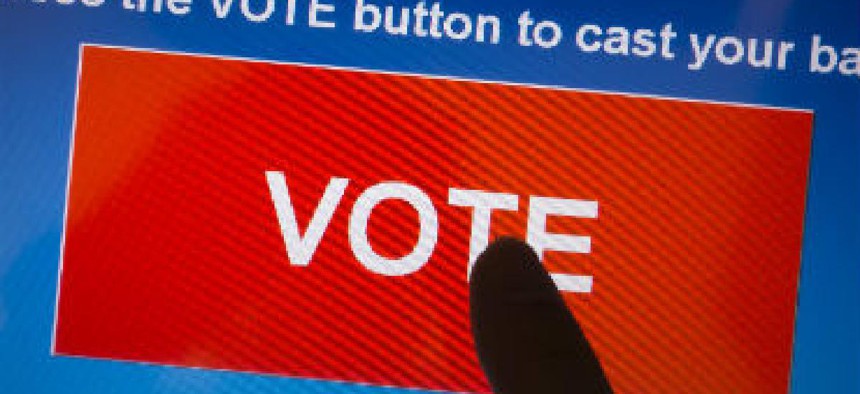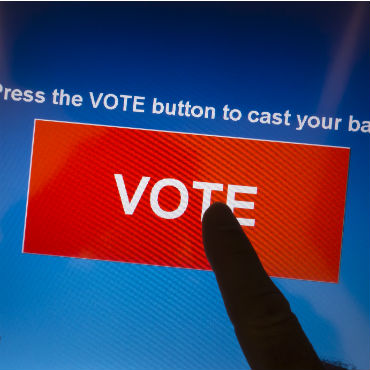House bill would keep election systems 'critical'

New legislation in the House would permanently classify states' election systems as critical infrastructure, provide funding to secure voting systems and create cybersecurity standards.

A new bill introduced in the House of Representatives would further solidify state election systems as U.S. critical infrastructure, fund security upgrades for those systems and tap the Department of Homeland Security and the National Institute of Standards and Technology for security standards.
Those protections, said bill co-sponsors Reps. Mark Pocan (D-Wisc.), Keith Ellison (D-Minn.), and Hank Johnson (D-Ga.) in a joint statement, are needed to safeguard elections from interference.
The lawmakers introduced the Securing America's Future Elections Act on March 16, saying the protections are necessary "in light of the widespread Russian interference in the 2016 elections."
The bill, they said in the joint announcement, would protect U.S. election systems by permanently classifying them a key component of critical infrastructure. DHS classified them as critical infrastructure in January.
That designation has rankled some states since then because they say that they're not sure what the designation means.
Congress has been interested too.
In a March 7 letter, ranking member of the Senate Homeland Security and Government Affairs Committee Claire McCaskill (D-Mo.) raised questions about what the designation means for states and how systems can be secured against future intervention by foreign actors.
Under the proposed legislation, the critical infrastructure designation would apply to storage facilities, polling places, vote tabulation locations, voter databases, voting machines and other systems that manage the election process.
The measure would also provide funding to upgrade cybersecurity standards for voting systems, including the systems' operating software, as well as protections in the manufacturing process for system components. It would rely on collaboration between NIST and DHS to create basic cybersecurity standards for private companies contracted to work on elections systems in the U.S.
The bill would also require all electronic voting machines to have a corresponding paper ballot and require the Election Assistance Commission to randomly audit five percent of each states' ballots, while also reauthorizing the EAC for 10 years.
NEXT STORY: Why Is Silicon Valley So Awful to Women?


